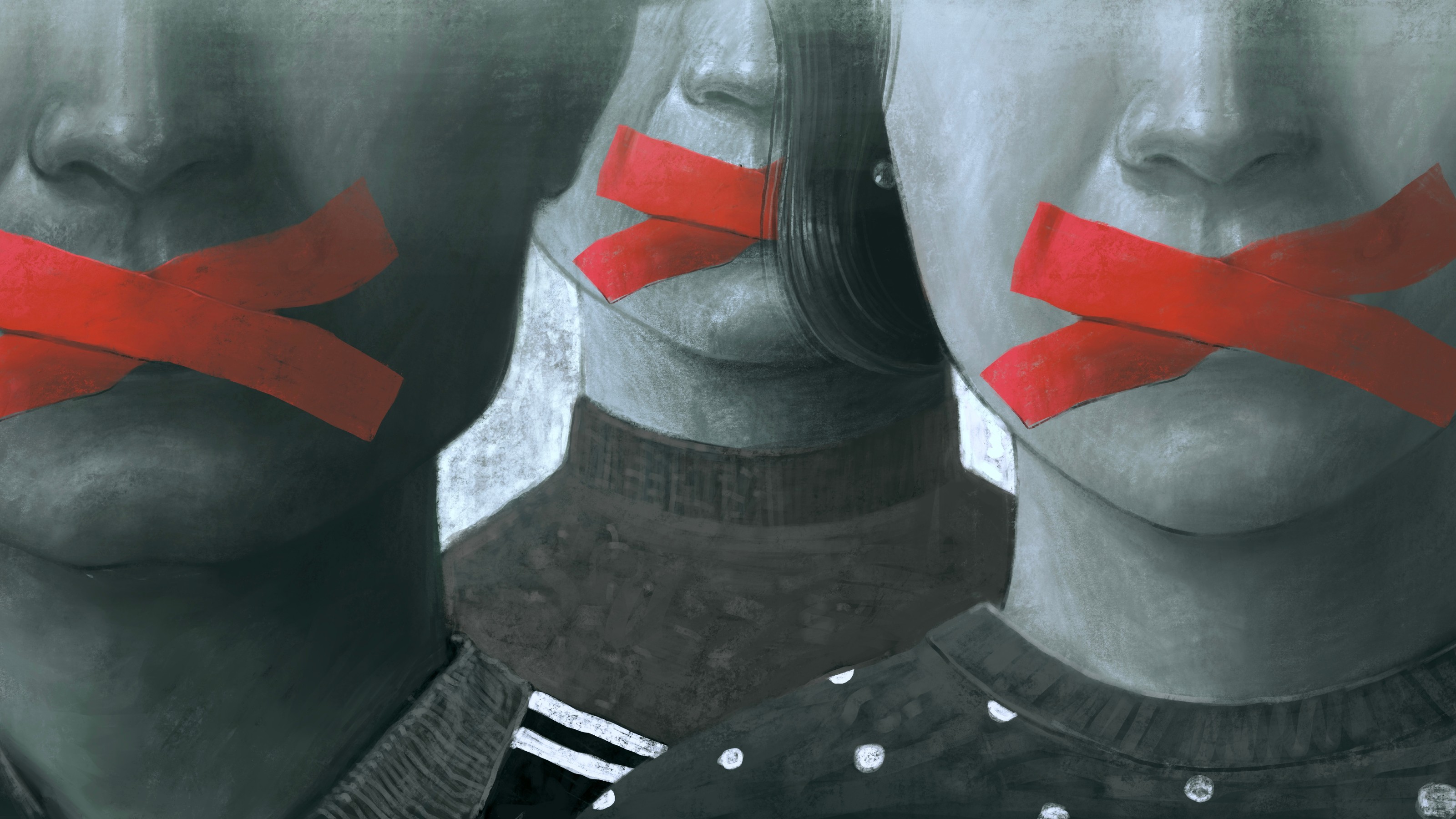French Anti-Piracy Law Fails Constitutional Test; Internet Access Becomes Fundamental Right; Government’s Hypocrisy Knows No Bounds

The French HADOPI law aimed at curbing down illegal online exchange of copyrighted materials, which was passed by Parliament last May 13, failed to pass constitutional muster. In a decision rendered yesterday, June 10, 2009, the French Constitutional Council partially struck down the law, and granted Internet access constitutional protection.
The two main provisions of the law were struck down.
First, the law had instituted a three-strike system, where an administrative authority was allowed to mandate all French internet service providers to cut-off internet access to suspected copyright pirates for a period of up to one year, after two cease and desist notices. The French Constitutional Council struck down this provision on a separation of powers basis. It reminded the legislator that while certain content-based restrictions of freedom of speech are constitutional, only the judiciary, and not an administrative authority, is allowed to rule on suspected content-of-speech violations.
The second provision allowed the person who had control over the internet access (including over personal WiFi accesses) to defend himself by either proving that he had “secured the connection” (i.e. password-protected the WiFi access) or by otherwise proving that a third-party had high jacked the connection and was the real pirate. In practice, as I previously pointed out, the law created a strong incentive for WiFi network owners, including cafes and other public houses, to shut down open networks, therefore cutting free flows of information and reinforcing the French tradition of state control of information flows. Fortunately, the Constitutional Council struck down this provision, by pointing out that such apparatus created an unconstitutional presumption of guilt.
Internet access as fundamental right
In addition to striking down the aforementioned provisions, the Constitutional Council used the ruling to make a very broad and important statement. It pointed out that the Constitution, through the incorporation of the Declaration of the Right of Man and the Citizen of 1789, protects “the free communication of thought and opinions” as “one of mankind’s most precious rights.” Which follows, “given the current state of communication tools, and given the generalized development of online communication services and by the importance of those services to the participation to democratic life and to the expression of thoughts and opinions, that [the right to freedom of speech] implies the right to access those services.”
In other words, the constitutional protection of freedom of speech implies a constitutional protection of internet access. This decision is extraordinary, because in addition to its intrinsic value as a protector of internet access, the High Court recognizes the Internet’s crucial role as a facilitator of freedom and acts upon such a realization – much like the US Supreme Court did twelve years ago in Reno v. ACLU.
What remains of the law?
The main provisions which were not struck down by the Constitutional Council – and therefore remain as law – are those that gave the administrative authority the power to send cease and desist notices to Internet users suspected of illegally downloading copyrighted materials. Because the rest of the law was struck down, however, it means that the criminal anti-piracy apparatus remains the same as it was before. Only a judge can decide to sanction internet users. Given previous judicial history on the matter, and by all accord, it is extremely unlikely for a sudden widespread prosecution of internet users to take place based on the new law.
Government tries to save face, achieves new heights in hypocrisy
Frédéric Lefebvre, the spokesman of the ruling UMP party, self-congratulated its party by pointing out that the High Court approved the “quasi-entirety” of the law.
According to UMP congressman Franck Riester, the fact that the Court struck down the provision which gave an administrative authority the power to impose criminal sanctions is actually a blessing in disguise – “it will reinforce the educational character of the law because the sanction will be a better deterrent – it impresses more when the penalty is imposed by a judge.”
The trophy for best hypocrite, however, goes for Minister of Culture Christine Albanel. According to the Minister, it is unfortunate that the law’s “logic of decriminalization” could not be pursued in its entirety – such pursuit implied “entrusting a non-judicial authority with all the steps, including the power to decide on the penalty.” In other words, a criminal penalty is not criminal anymore when it is imposed by an administrative authority and not by a judge…
A blow to the ruling party? Not so fast
The ruling UMP party was not the only one to self-congratulate. According to Patrick Bloche, the Socialist congressman who was a main opponent to the law, it is “[President] Nicolas Sarkozy that was censored by the Constitutional Council,” a comment that was echoed by many others.
Reading the affair as a reflection of French politics as usual – left versus right – however, would in my opinion be misguided. As I pointed out in a previous comment on the HADOPI law, centralization, control over information distribution, and the battle against free flows, is a long standing French tradition. Jean-Pierre Chevènement, the former socialist Interior Minister, has always been a strong promoter of control over content and over flows, under the guise of “restraining the excesses of an unfettered freedom [of speech].” And it was under socialist Prime Minister Lionel Jospin that it was first proposed to centralize and censor the French Internet with the help of “quality labels” delivered by an administrative authority. Most of today’s opposition screams victory only out of political opportunism – but it has itself promoted laws that threatened freedom of speech as much as the doomed HADOPI law.
It other words, while the fact that the Constitutional Council recognized Internet access as a constitutional right under the freedom of speech provision of the Constitution is a major victory for freedom of access to information, the war is far from over. Centralization and control over information distribution is a long-standing French tradition. Fear still sells well and still gets politicians elected. There will be many more battles to come between proponents of freedom of access to information and the government, regardless of whether it is the left or the right that governs the country.
Julien Mailland is a lawyer and an Annenberg Fellow at the University of Southern California, Annenberg School for Communication. He can be reached at his last name at usc.edu.





